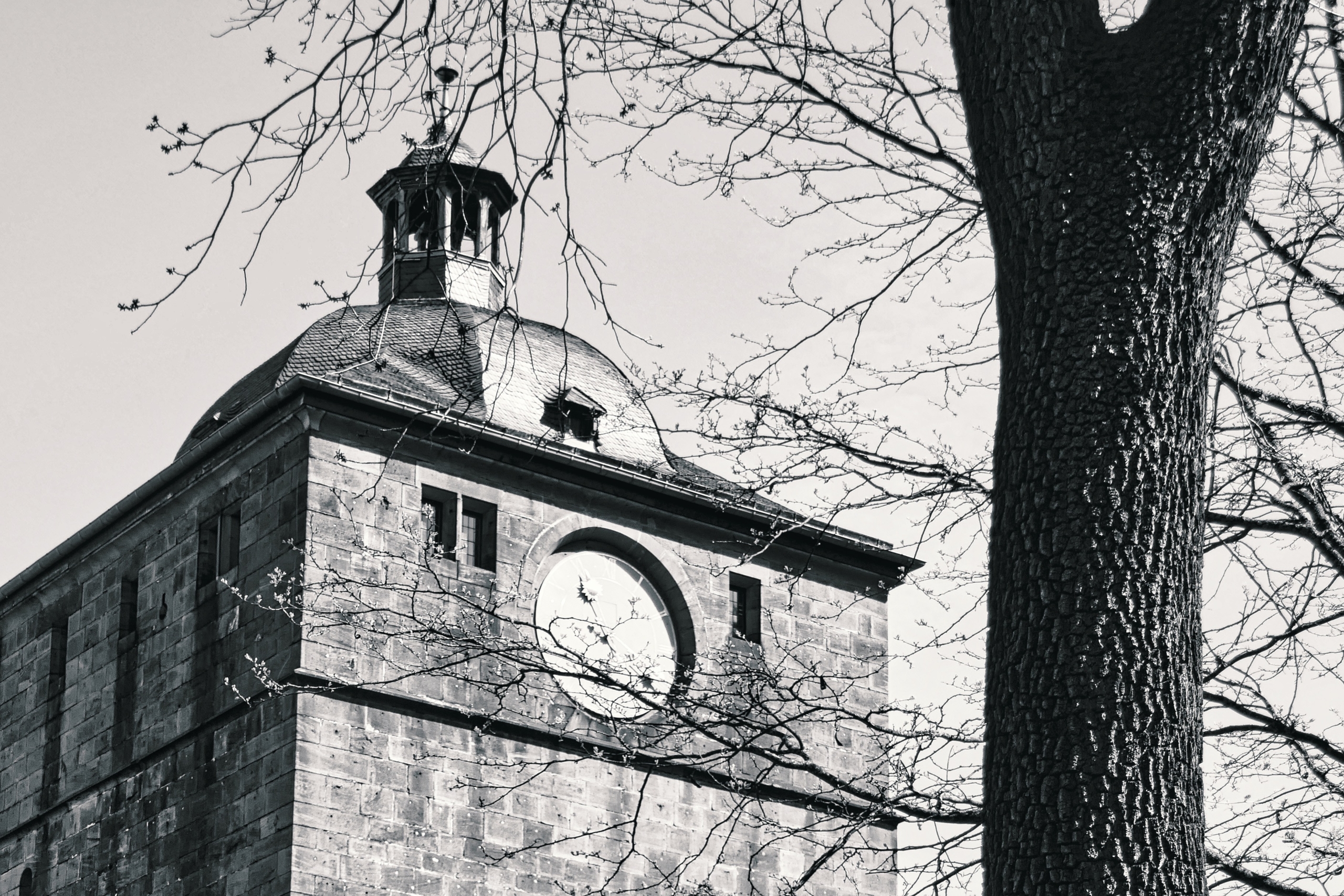The very thought of doing nothing runs counter to everything my dad taught me. His favorite admonition when we looked too idle always began with, “Are just going to sit around when there is work to be done?”
Maybe that’s why Jenny O’Dell’s How to Do Nothing: Resisting the Attention Economy appealed to me. Is there any virtue in “doing nothing?”
I read the cover blurbs and the introduction, unsure if the topic or writer would answer my question. Probably not, but the book seemed to address concepts I spent many years delving into—productivity and efficiency.
An eleoquent argument against the cult of efficiency, and I felt both consoled and invigorated by it? —The New York Times
The path to freedom lies within the covers of this book. —Wired
Those are lofty expectations to set before a reader. I dove forward despite, not because of the accolades shouting from the cover. Odell begins her treatise with a warning.
Nothing is harder to do than nothing.
The focus on productivity, outcomes, and the bottom-line lock us into an either/or narrow view of a life where quantitative measures are the only means of reflecting value. But, the author offers an alternative to “any person who perceives life to be more than an instrument and therefore something that cannot be optimized.”
While doing nothing sounds like withdrawing from the complexity of our lives and the world, what Odell lays out is a plan of action, a means of resistance to the stronghold of the attention economy. Her research and personal experiences lead the reader through several movements focused on drawing individuals and society back to some better place in time.
Three movements to shift attention
1. Dropping out, not dissimilar from the “dropping out” of the 1960s
2. A lateral movement outward to things and people that are around us
3. A movement downward into place
Odell’s central argument asks the reader to question what we are seeking and consider “what would ‘back to the land’ mean if we understood the land to be where we are right now?”
Turning off your devices or setting timers to focus a wavering attention span only scratches the surface of the issues. What we need is not less or more technology to resist the pressure of consumerism and productivity. A bigger question looms before us.
The point of doing nothing, as I define it, isn’t to return to work refreshed and ready to be more productive, but rather to question what we currently perceive as productive.
As the stories and ideas unfold, the reader may find a prickly discomfort, disquieting notions that counter all we know, or a glimpse of hope for a path that points us to the present. By enlarging our awareness of the present, “we might just find that everything we wanted is already here.”
That present, Odell argues, consists of recognizing our citizenship in a specific bioregion and local ecology and protecting the places in which we live. I didn’t expect or anticipate the link to the interrelationships of our place in this world and the broader context of protecting that relationship.
Odell also makes a case for creating space for dialogue within the broader context of past and current events.
Given that all of the issues that face us demand an understanding of complexity, interrelationship, and nuance, the ability to seek and understand context is nothing less than a collective survival skill.
Should you read this book?
Based on Goodreads comments, you will either love the message or hate it. Many readers of How to Do Nothing expressed disappointment when they didn’t find ten handy steps for improving your work ethic or advice on becoming more productive. You won’t find any of that in Odell’s book.
You will discover how the author delves into her personal story of work, art, and place to persuade the reader to examine the role of culture, capitalism, and our personal beliefs about what constitutes a life of meaning and community.
This book requires an open mind and the ability to suspend judgment of the author, the argument, or your personal beliefs.
Rerouting and deepening one’s attention to place will likely lead to an awareness of one’s participation in history and in a more than human community. —Jenny Odell


Leave A Comment